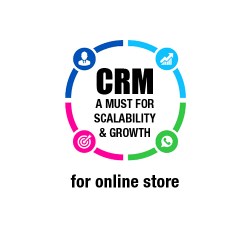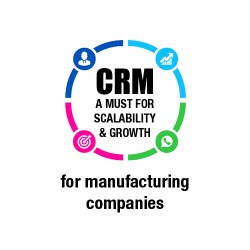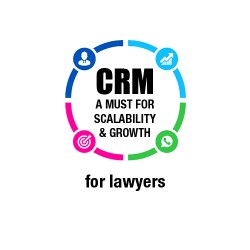Programming & Tech
CRM Development
CRM development service typically includes a range of activities and offerings aimed at creating, customizing, and implementing CRM software to meet the specific needs of a business. Here are the key components of a CRM development service:
-
Consultation and Needs Assessment: Understanding the specific requirements and objectives of the business. This involves discussions with stakeholders to identify pain points, desired features, and goals.
-
Customization and Configuration: Tailoring the CRM system to align with the unique processes and workflows of the business. This may involve modifying fields, creating custom modules, and setting up automation rules.
-
Integration with Existing Systems: Ensuring seamless integration with other software applications and platforms used by the business, such as email, marketing automation, accounting, or e-commerce systems.
-
User Interface (UI) and User Experience (UX) Design: Designing an intuitive and user-friendly interface to ensure that employees can easily navigate and use the CRM system effectively.
-
Database Design and Management: Structuring the database to efficiently store and manage customer data, interactions, and historical information.
-
Automation and Workflow Configuration: Setting up automated processes and workflows to streamline tasks, such as lead assignment, follow-up reminders, and customer notifications.
-
Reporting and Analytics: Implementing reporting features that allow businesses to track key metrics, analyze customer behavior, and generate insights to make informed decisions.
-
Mobile Compatibility: Ensuring that the CRM system is accessible and functional on mobile devices, enabling field sales representatives and employees to use it on the go.
-
Security and Data Protection: Implementing security measures to protect sensitive customer information and ensuring compliance with data protection regulations.
-
Training and Onboarding: Providing training to employees on how to use the CRM system effectively, including basic functionalities and advanced features.
-
Testing and Quality Assurance: Conducting thorough testing to identify and rectify any bugs, issues, or inconsistencies in the CRM system before it goes live.
-
Deployment and Go-Live Support: Assisting with the deployment process to ensure a smooth transition from existing systems, and providing support during the initial phase of use.
-
Custom Development (Optional): Building custom features or functionalities that are not available out-of-the-box to address specific business requirements.
-
Ongoing Maintenance and Support: Providing post-implementation support, which may include troubleshooting, updates, and enhancements based on evolving business needs.
-
Scalability and Future-Proofing: Designing the CRM system in a way that allows for future expansion, accommodating growth in customer base and evolving business requirements.
-
Documentation and Knowledge Transfer: Providing comprehensive documentation and knowledge transfer sessions to ensure that the business can independently manage and maintain the CRM system.
Remember that the specific services offered by a CRM development provider may vary based on the company's expertise, the CRM platform being used, and the unique requirements of the client. It's important for businesses to communicate their needs clearly and work closely with the development team throughout the process.
CRM development for manufacturing companies
CRM development for manufacturing companies involves ...



